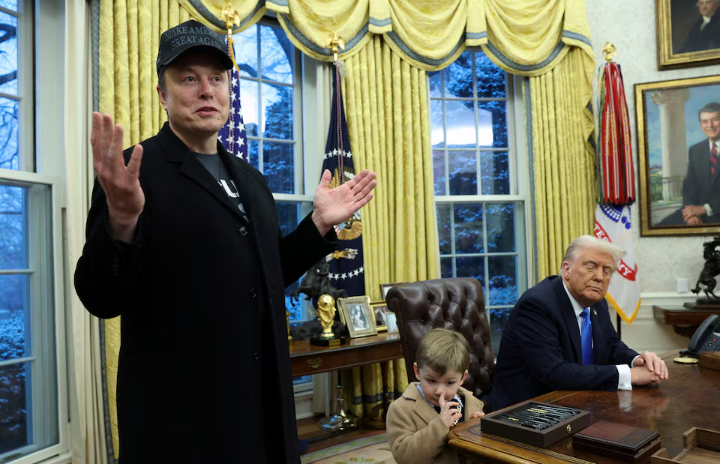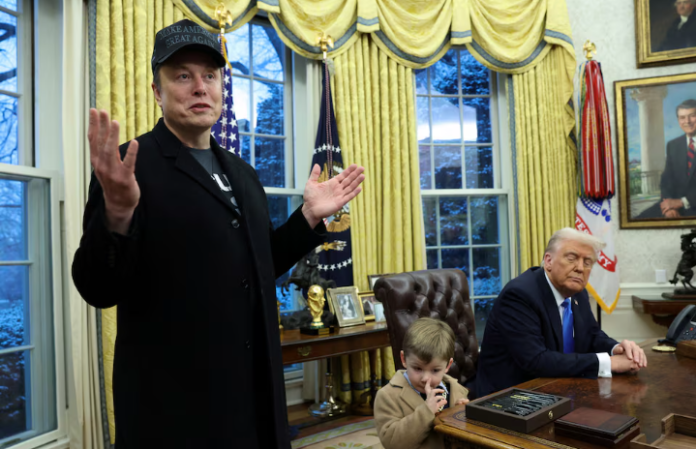Since President Donald Trump’s inauguration on January 20, 2025, Elon Musk, leading the Department of Government Efficiency (DOGE), has initiated a series of rapid budget cuts across various federal agencies.
While these actions are presented as efforts to eliminate wasteful spending, some veteran Republican budget experts suggest that the motivations may be more ideologically driven than financially pragmatic.
Douglas Holtz-Eakin, a former director of the Congressional Budget Office, observes that the agencies targeted by Musk and Trump represent only a small fraction of the federal budget, which is projected to reach $7 trillion this fiscal year. He notes, “They are not going to go into agencies that are doing things they like. They are going into agencies they disagree with.”
To date, DOGE has focused on agencies such as the National Oceanic and Atmospheric Administration (NOAA), the Department of Education, the Consumer Financial Protection Bureau (CFPB), the U.S. Agency for International Development (USAID), and the Federal Emergency Management Agency (FEMA). Many of these agencies have long been criticized by conservatives for promoting liberal agendas.
For instance, USAID, which disbursed about $72 billion in aid in fiscal year 2023, has been accused of sending funds to countries not aligned with U.S. interests. Similarly, the CFPB, established after the 2008 financial crisis to protect consumers from exploitative lenders, has faced opposition from Republicans who view it as an example of government overreach.
Bill Hoagland, a former director of the Senate Budget Committee, suggests that the current cost-cutting measures are more about appealing to Trump’s base than achieving significant financial savings. He states, “The playbook has not been for the dollar savings, but more for the philosophical and ideological differences conservatives have with the work these agencies do.”
Elon Musk, defending DOGE’s actions, emphasizes the need for a responsive federal bureaucracy. He asserts, “You can’t have an autonomous federal bureaucracy. You have to have one that’s responsive to the people.” Musk has pledged to find $1 trillion in savings by identifying fraud and waste within the government.

However, the claimed savings of $37.69 billion since January 20 represent only a small portion of the ambitious $2 trillion target. Critics argue that the approach has been heavy-handed, causing disruption for thousands of public servants. Federal employees and Democratic lawmakers express concerns that Musk’s methods have upended lives and created uncertainty within the workforce.
The real challenge for Musk and Trump will be addressing the major drivers of government spending: Social Security, Medicare, and Medicaid, which together account for nearly half of the federal budget.
These programs are popular across the political spectrum, and any attempts to reform them are likely to face significant political hurdles. Hoagland remarks, “That is where the rubber is going to hit the road. They will have a lot more difficulty ideologically and politically going after those.”
In summary, while the initiative led by Musk under DOGE aims to reduce government waste, the selection of targeted agencies suggests that ideological considerations may be playing a significant role in the decision-making process. The effectiveness and fairness of these measures continue to be a topic of debate among policymakers and the public.



